batteries
Latest

Volvo will use blockchain to prove its cobalt wasn’t mined by children
The dark side of electric vehicle production is that the lithium ion batteries most EVs run on require raw materials like cobalt, and cobalt mines have become notorious for using child labor. Now that Volvo has revealed its first fully-electric car, the XC40 Recharge, the automaker wants to ensure sure that the raw materials in its lithium ion batteries are sourced responsibly. For that, it's turning to blockchain.

A new coating could be the key to lighter lithium metal batteries
For a couple of years now, scientists have positioned lithium metal batteries as the next major breakthrough in battery technology, thanks to two main advantages over their lithium-ion counterparts. First, they can store at least 33 percent more power per pound. Second, they're significantly lighter thanks to the fact the positive end of the battery, the anode, is made from lithium, instead of graphite.
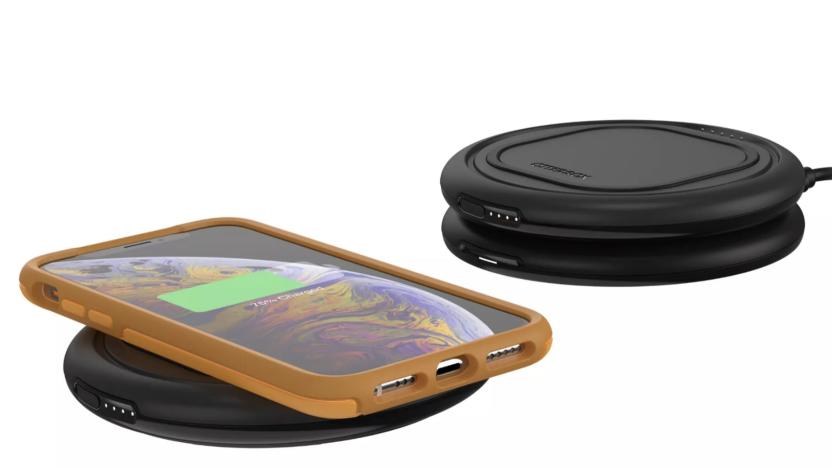
OtterBox reveals a portable and stackable wireless charging system
OtterBox has a solution to limited battery life. Today, the company revealed OtterSpot, its Qi wireless charging power bank, and stackable batteries. The OtterSpot Charging Base looks a bit like a thin hockey puck. It's designed to be stackable, meaning you can pile up to three puck-like OtterBox Wireless Charging Batteries and a device on top of it and charge all of them simultaneously. Each battery can then power any Qi-enabled device and support wired charging via a USB-C port. The battery packs come with 5,000 mAh of capacity and up to 10-watt wireless charging speeds.

Rivian will repurpose used EV batteries for solar power in Puerto Rico
Rivian is known for pushing the boundaries of battery tech. Not only is the startup working on the first all-electric pickup for the US market, it's also planning "Rivian-to-Rivian" charging, which will allow its vehicles to charge each other, and it designed a camp stove add-on that takes advantage of the EV's battery pack. Now, the company wants to turn its used batteries into an energy storage system for a solar power microgrid in Puerto Rico.

Researchers suggest 100 percent renewable energy isn’t very green
In order to keep global temperature rise below 1.5 degrees Celsius, we'll need to rely on renewable energy, electric vehicles (EV) and battery storage. But creating that infrastructure will dramatically increase our need for metals like cobalt and lithium. A report released this week cautions that a spike in demand for those and other metals could drain the planet's reserves and lead to dire social and environmental consequences.
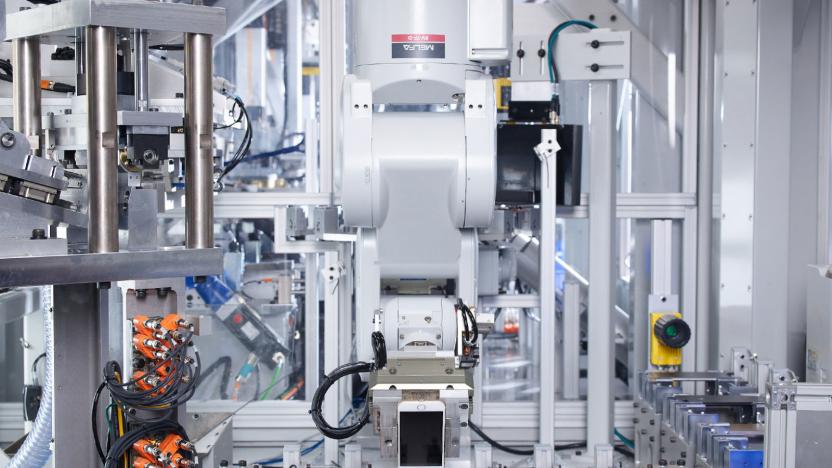
Apple is making it easier to recycle iPhones in the US
With Earth Day just around the corner, Apple announced it's quadrupling the number of locations US customers can send their iPhones for recycling. The company's recycling robot, Daisy, will now disassemble select iPhones returned to Best Buy stores in the US, KPN retailers in the Netherlands, as well as those recycled at any Apple Store or online through the Apple Trade In program.

'Semi-solid state' batteries could lead to cheaper, longer-range EVs
The race to create cheaper, longer-lasting batteries just got more interesting. 24M, a US Department of Energy-funded startup, announced that it has delivered semi-solid state lithium-ion batteries with energy density levels of 250 watt-hours per kilogram (Wh/kg). That roughly matches Tesla's 2170 cells used in the Model 3, considered to be the most efficient cells around. The company thinks it could do even better, making EVs longer lasting, lighter and cheaper.

EV batteries are born in Chilean evaporation ponds
Using Landsat data from the US Geological survey, NASA's Laren Dauphin recently imaged the Salar de Atacama in Chile. The enclosed basin is the world's largest source of lithium, producing 29 percent of the world's reserves. Much of it will wind up in rechargeable batteries used by EVs, laptops and smartphones, but how it gets there is surprising -- think salt production, not pit mines.
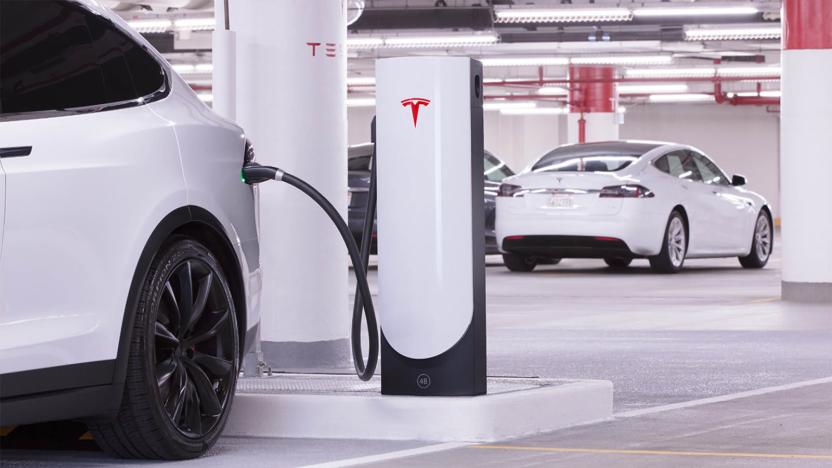
Tesla's latest acquisition means better batteries for its future cars
EV owners know what it's like to live with range anxiety, but Tesla's latest investment might make those travel concerns easier to live with. Earlier today, the company confirmed its plans to purchase San Diego-based Maxwell Technologies in a $218 million deal that should see the electric car maker produce more efficient, longer-lasting batteries for its vehicles.
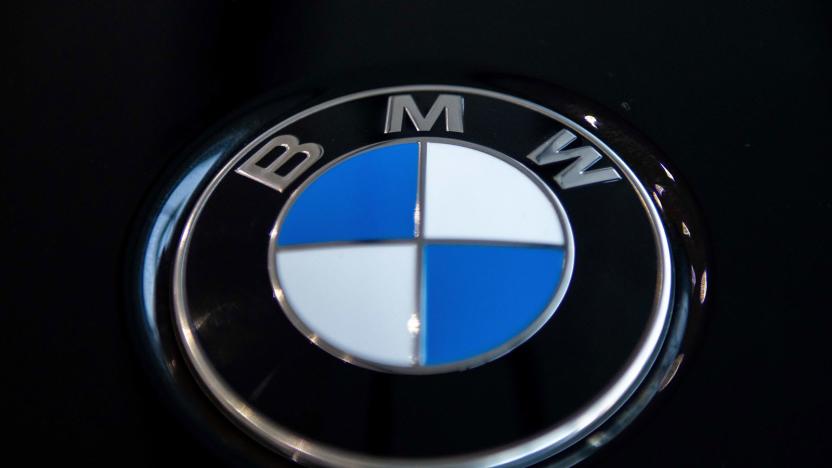
BMW will give EV batteries new life with recycling program
BMW is leading a consortium of companies with the goal of giving electric vehicle batteries new life after they've kicked the bucket as a car power source. The partnership with Belgian recycling firm Umicore and Swedish battery manufacturer Northvolt will repurpose EV battery cells, using them for energy storage before stripping them of raw materials that can be reused in other products.
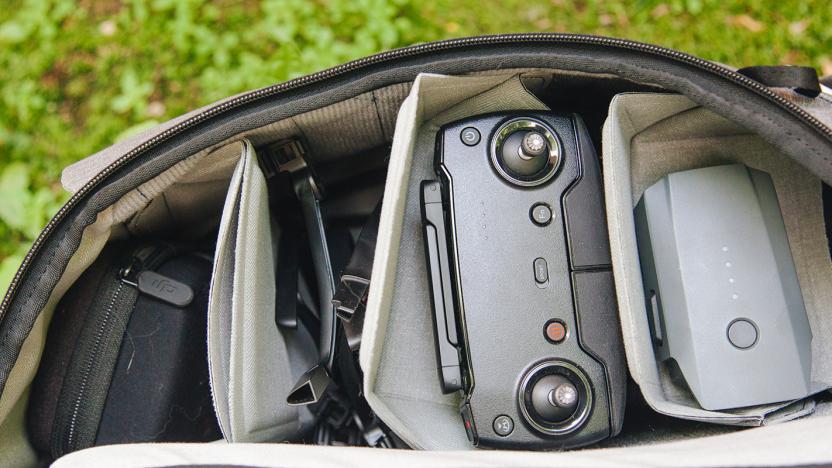
How to safely charge and store lithium drone batteries
By Signe Brewster This post was done in partnership with Wirecutter. When readers choose to buy Wirecutter's independently chosen editorial picks, Wirecutter and Engadget may earn affiliate commission. Read the full blog here. Although flying a drone might sound like the biggest risk in operating one, dealing with the batteries is potentially more explosive. At the 100 hospital emergency rooms that report electronics-related injury cases to the US Consumer Product Safety Commission, more than 200 incidents (PDF) involving drone batteries, stemming from fire, smoke, and explosions, were recorded between 2012 and 2017. Not every drone-battery incident results in an injury, but each pilot and expert I interviewed had a story about an exploding or fiery lithium battery going off especially after it had repeatedly crashed to the ground inside a drone. "When the batteries go, it's like a little bomb," drone pilot and HubHobby employee Brandon Reinert said. "It's usually pretty spectacular." The most common type of battery that powers racing and photography drones is lithium-polymer, or Li-po, a kind of lithium-ion battery that packs more energy storage into smaller spaces. To find out how to reduce the risk of a spectacular battery failure and get drone batteries to last longer and perform better, I spoke to battery and drone experts about the right way to charge, use, and care for them.
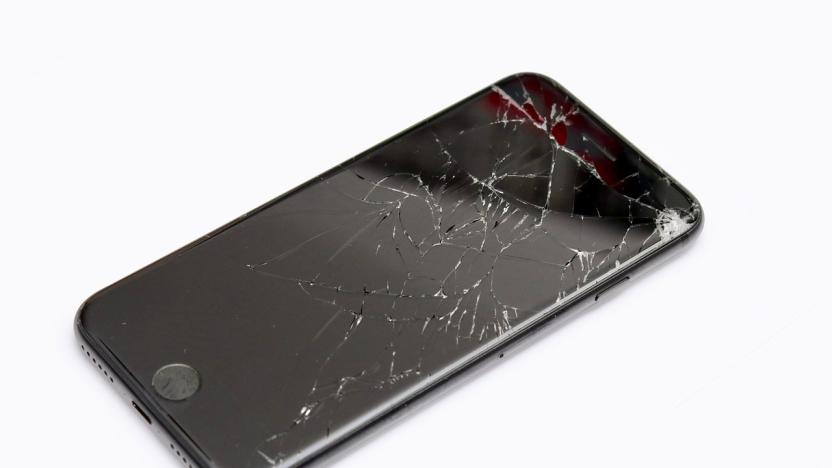
Researchers create safer lithium-ion batteries that harden on impact
Lithium-ion batteries have a world of important applications (smartphones, electric vehicles and the Mars Curiosity Rover, to name a few), but they're also notoriously unstable, and if damaged can result in burns, house fires and even plane crashes. Now, researchers think they've found a way to eliminate these dangers, by creating a lithium-ion battery that hardens on impact.
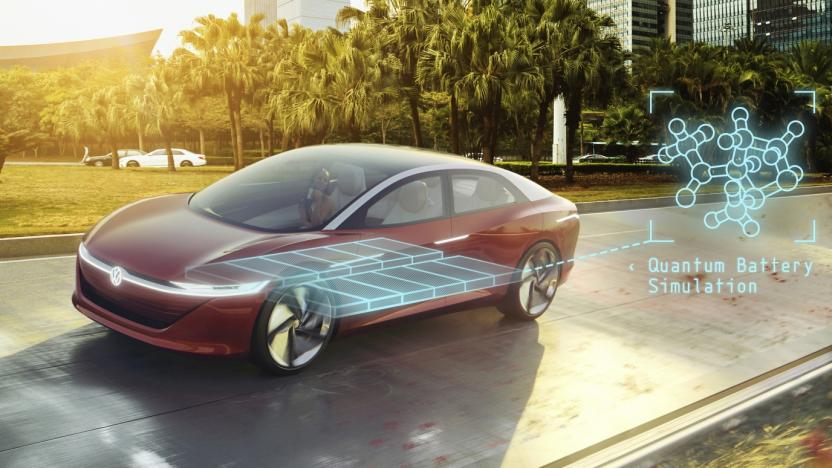
Volkswagen using quantum computers to build better EV batteries
Making high-performance batteries for electric vehicles is a complicated, time-consuming process. So much so that engineers at Volkswagen have started using a quantum computer to simulate the chemical structures like lithium-hydrogen and carbon chains much faster. The idea is to continue using quantum computing to eventually develop a sort of blueprint for tailor-made batteries that can be optimized for different features, like weight reduction, power density or power cell assembly.

UK's abandoned tin mines could be reopened to help build EVs
The last of Britain's tin mines were closed in the late 90s due to plummeting metal prices and languishing global demand. Now, with the advent of smartphones and electric vehicles, demand -- and prices -- are on the up, and these forgotten facilities could be reopened to help the UK gain a stronger foothold in the market.

Existing EV batteries could be recharged five times faster
Lithium-ion batteries have massively improved in the last half-decade, but there are still issues. The biggest, especially for EVs, is that charging takes too long to make them as useful as regular cars for highway driving. Researchers from the University of Warwick (WMG) have discovered that we may not need to be so patient, though. They developed a new type of sensor that measures internal battery temperatures and discovered that we can probably recharge them up to five times quicker without overheating problems.

HP recalls laptop batteries due to overheating issues
If you've got an HP notebook or mobile workstation computer, you'll want to check out the latest battery recall from the company. Lithium-ion batteries for affected HP laptops were shipped between December 2015 and December 2017. There have been eight reports of the battery packs overheating, melting or charring, three of which include reports of $4,500 in property damage and one report of a first degree burn to a hand.

Toyota and Panasonic explore 'prismatic' EV batteries together
Toyota and Panasonic are teaming up on batteries that Toyota itself and other automakers could use in future electric cars. Rather than building cylindrical batteries like the type that Tesla and other EV makers use, the two companies are exploring the development of "prismatic" cells. Those are square, flat batteries with aluminum housings and are typically used in cell phones. They can be made smaller and lighter than battery packs that use cylindrical cells, but tend to cost more and are vulnerable to overheating and swelling.

US airlines plan to enforce new rules on smart bags
Travelers looking to use their fancy new smart luggage may soon face a hard time getting the bags on a plane due to safety concerns about their batteries. According to CNN, American, Delta and Alaska Airlines have all announced that starting January 15th, passengers checking smart luggage will have to remove the lithium-ion batteries (or keep them powered down if traveling in the cabin). The site also says that United Continental and Southwest Airlines both plan to announce similar policies soon. That's 80 percent of the US air traffic, according to CNN.

Tesla’s Gigafactory might be behind a global battery shortage
Tesla has been besieged by reports of production delays and quality control issues lately, and now it's coming under fire for problems at its Gigafactory, which have led to a global shortage of cylindrical batteries. According to sources quoted by etnews, it's now "impossible" to purchase cylindrical batteries in Japan -- where most of the world's electronics manufacturing happens -- because Gigafactory has hoovered up the supplies needed to create them, but has failed to do so.
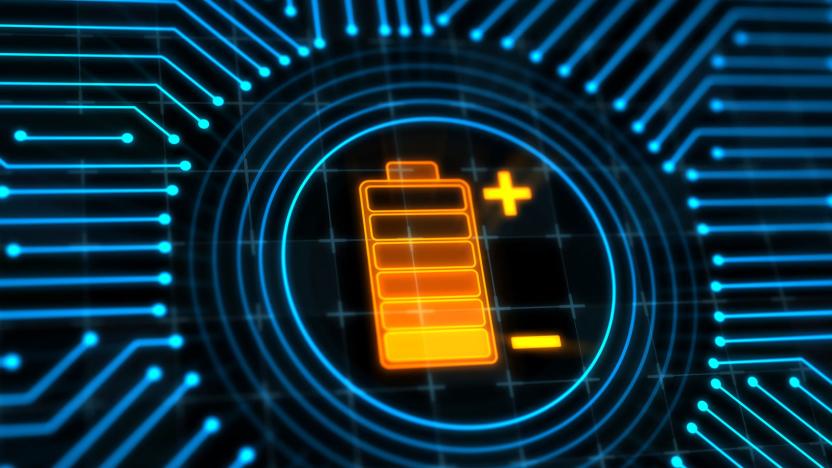
Magnesium batteries could be safer and more efficient than lithium
It's still early days for the promise of safer, energy-dense solid-state rechargeable batteries. However, a team of scientists at the Joint Center for Energy Storage Research have just discovered a fast magnesium-ion solid-state conductor that will go a long way towards making non-flammable batteries with more capacity.






